detail profile judita zidar

Info Pribadi
Peran Yang Di Mainkan Judita Zidar
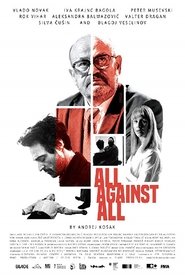 A political drama with elements of...
A political drama with elements of...All Against All 2019
A political drama with elements of a thriller discusses politics, electoral fraud, and the decay of moral values, taking place in the fictional town of Rovte under the idyllic Alps. Franta, a corrupt mayor, is about to lose the election. After a TV debate, where he fails utterly, Franta calls his mistress Jozica in desperation. She advises him to seek the aid of Fleischmann, a criminal who is the only one capable of solving the problem on such short notice. After all, there are only four days left until the elections.
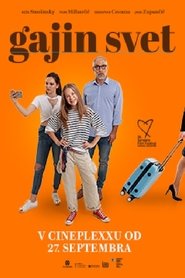 The main character of the film...
The main character of the film...Gaja's World 2018
The main character of the film is 11-year-old Gaja. She presents to us her unusual family and the world in which she lives. After Mother's departure to Africa on the mission of the Doctors without Borders, this world undergoes a significant change. Her father must learn how to take care of his daughters on his own. Gaja has a sister, Tea who because of her teenage naivety gets herself into a world of online threats and crime. But clever and crafty Gaja is capable to handle all the problems. Her best friend Matic, a computer genius is always under attack of his more powerful classmates, but Gaja is not afraid of anyone. She proves that the weaker can be the strongest if the brains and the heart are in the right place. Despite occasional violations of the rules Gaja's decisions match that cordial and sincere world that always touches us. Whatever happens, Gaja is not a passive observer - she always bravely takes matters into her own hands.
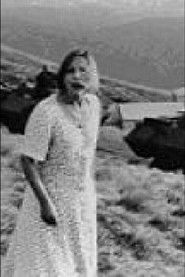 This is a film about ordinary...
This is a film about ordinary...Felix 1996
This is a film about ordinary civilians, who on June 26, 1991, the day when war broke out in former Yugoslavia, find themselves in Slovenia. The main character of the story is an 11-year-old boy, Felix, who is trapped together with his classmates and teacher Jasna in an unmoving column of vehicles on a high mountain road, because of army barricades. The heroes of the story are involuntarily caught between the two enemy military groups. On this day in June, many others find themselves on this road together with the pupils on their school bus - people from various European countries who are traveling south: Frenchmen, Italians, Hungarians, Germans, and, of course, Slovenians; a blend of different professions, nationalities and religions. All of them are individuals who, on a warm summer day, suddenly find themselves in the midst of war.
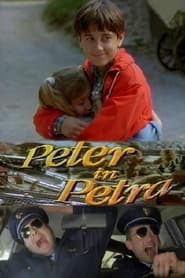 Peter is fed up with his...
Peter is fed up with his...Peter and Petra 1996
Peter is fed up with his father’s unfulfilled promises to visit his friend Zoran, who moved far away with his parents some months ago. He forces his father to sear he will fulfill his promise. Peter immediately tells his friend the good news, and because Zoran doesn’t believe they will really come, Peter swears he will come if he has to do it alone. The next day, Peter’s father postpones the visit once again and rushes to work. But Peter doesn’t want to break his promise and sets off to visit his friend alone. Peter’s younger sister Petra attempts to reveal what is right and what isn’t in the events that follow - and when she finds the solution - it’s a surprise for everyone.
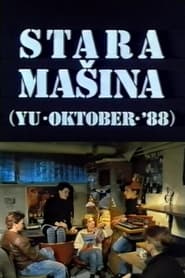 The aged rocker Igor works as...
The aged rocker Igor works as...Oldtimer 1989
The aged rocker Igor works as a journalist and DJ at the "Radio Student" in Ljubljana. He notices that the janitor Miha works for the police, tapping the walls and observing the journalists who are critical of the regime. After a clash with his editor, Igor decides to leave for Greece by his old bike DKW from 1938, via Bosnia and Serbia. Young Rahela joins him on the trip. Traveling through Yugoslavia, Igor becomes involved in unexpected turmoil: Milosevic's "antibureaucratic revolution" starts in Serbia and Vojvodina.
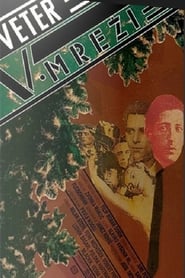 The reconstruction of creation of an...
The reconstruction of creation of an...The Windhunter 1989
The reconstruction of creation of an influential avantguarde movement called "Novo Mesto Spring" that arrived on Slovenian cultural scene during 1920s. Within this movement worked significant local artists such as composer Mario Kogoj, painter Rihard Jakopic, poet Danijel Bohoric and many others.
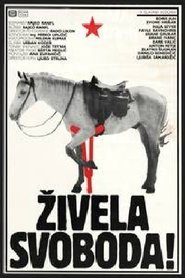 Old man Repovz recalls experiences of...
Old man Repovz recalls experiences of...Long Live Freedom 1987
Old man Repovz recalls experiences of the WWII in an entertaining, comic way rather than tragic. A man breaks his arm to avoid being drafted; the other man shoots fire to scare enemy soldiers; love stories, as well as troubles with forced collectivization took place there. A partisan hero finds out that he lost her fiancee, but somewhat cheers up when his white horse comes back to him...
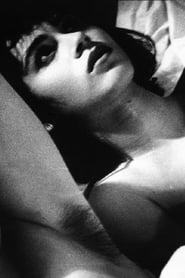 Heritage This threepart historical epic of...
Heritage This threepart historical epic of...Heritage 1984
"Heritage" - This three-part historical epic of the lives and misfortunes of the Vrhunc family in the former Yugoslavia is divided into the years of 1914, 1924, and 1944. In 1914, the wealthy Vrhunc patriarch owns valuable land and operates a lucrative mine. He is conservative and wants to hold on to the status quo, and so when the region breaks away from Hapsburg rule, he loses out. His wife, in the meantime, is a tragic figure who has an unhappy solution to her stifling existence with her husband and children. In part II, set in 1924, the fascists and communists are fighting for footholds among the population and in the government, and the Vrhunc family is torn apart because their own allegiances are divided between the two opposing extremes. In part III, the family suffers the most, as Nazi collaborators are rounded up and shot by Partisans, and chaos reigns.
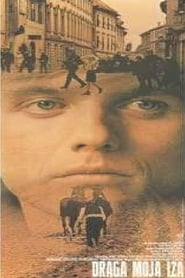 The film is a portrait of...
The film is a portrait of...My Dear Iza 1979
The film is a portrait of the Novak family: the results of the marriage between the farmer Novak and a townswoman of German descent, their children and their tragic fates and the life of Andrej - the Novaks' only surviving child. Andrej recalls the days of his youth and the wartime years, in which the family slowly breaks up due to different political beliefs and world-outlooks. In addition to the loss of many members of his family, Andrej must also face the fact that his father has disowned him and his girlfriend left him. Despite all, however, he keeps alive his hopes of a better future, which, to him, is embodied by the beautiful Iza.
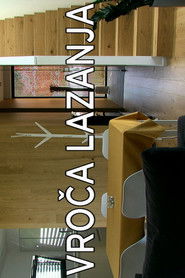 When Boris returns from work earlier...
When Boris returns from work earlier...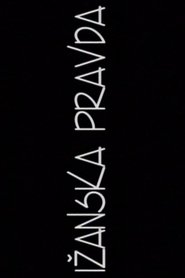 About the dispute between the people...
About the dispute between the people...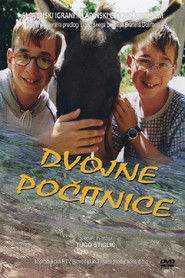 Twin brothers make a plan on...
Twin brothers make a plan on...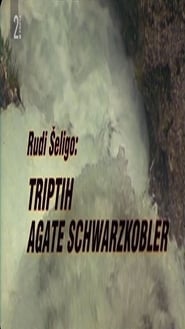
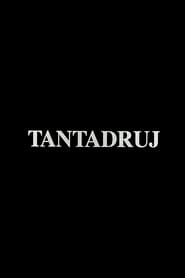 A world between the dreams and...
A world between the dreams and...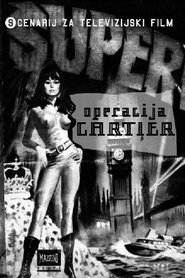 An immigrant worker from Bosnia falls...
An immigrant worker from Bosnia falls...